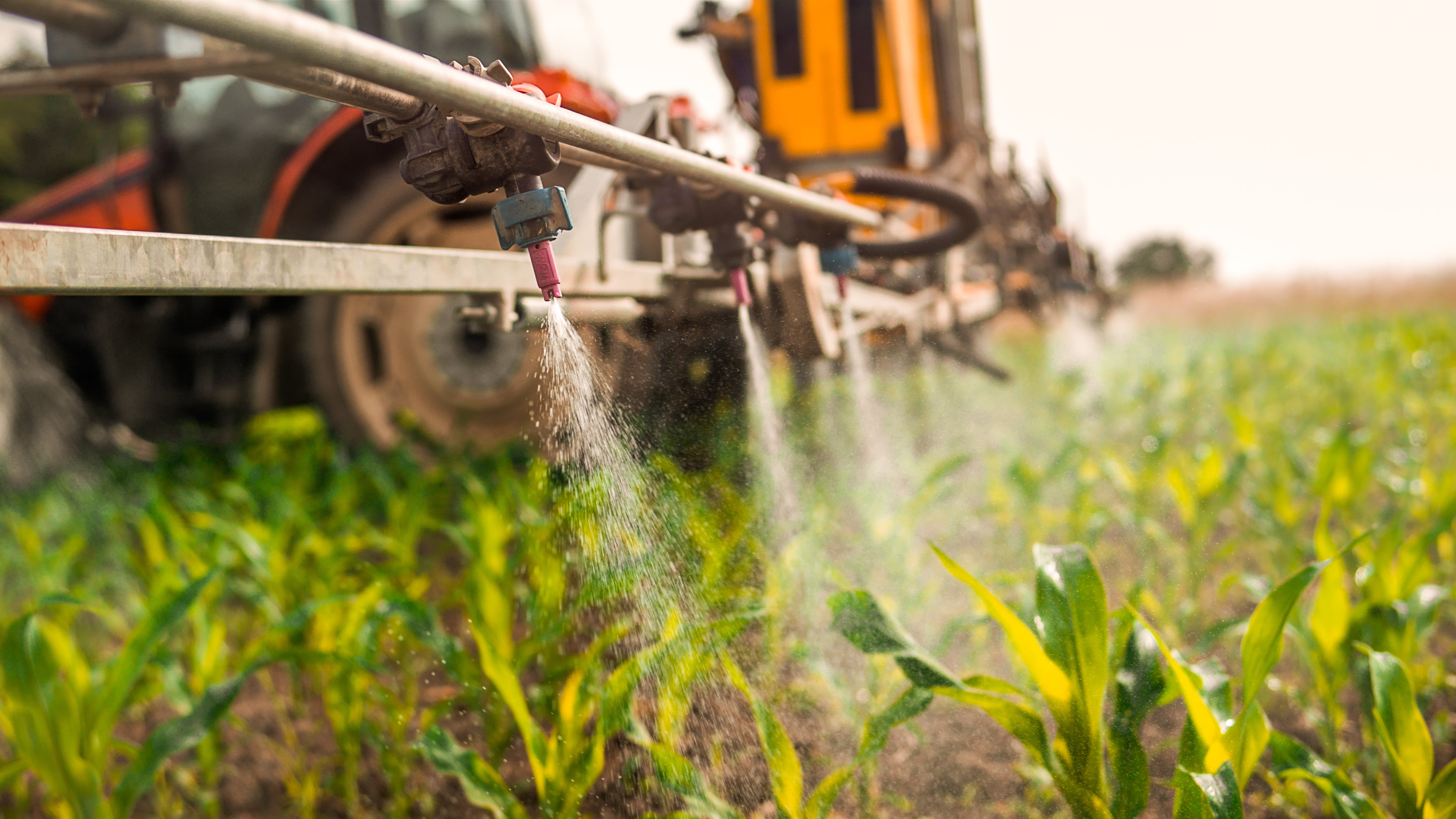EU plans to halve pesticides use by 2030 in bid to ‘avoid ecosystem collapse’
The European Commission says current rules on the use of pesticides are “too weak”

The European Union’s executive body wants to halve the use of pesticides by 2030 and introduce legally-binding targets to restore biodiversity across the bloc.
The EU Commission is proposing a nature restoration law - the first-ever legislation that explicitly targets the restoration of Europe’s nature. The law will aim to repair the 80 per cent of European habitats that are in a poor ecological state, bringing nature back to farmland, forestry land, marine, freshwater and urban areas.
The Commission said its proposals aimed to avoid ecosystem collapse and prevent the worst impacts of climate change and biodiversity loss in Europe.
“The climate and biodiversity crises are threatening the very foundation of our life on Earth,” executive vice-president for the European Green Deal, Frans Timmermans, said in a statement alongside the outlined proposals.
“We have been making progress on tackling the climate crisis, and today we add two laws that represent a massive step forward in tackling the looming ecocide.”
Under the proposed nature restoration law, legally-binding targets for restoration in different ecosystems will apply to every member state. Tools such as rewilding, reforestation, greening cities and removing pollution will all be scaled up, the Commission said.
Proposed targets include reversing the decline of pollinator populations such as bees by 2030, no net loss of green urban spaces and the restoration of drained peatlands.
The aim is to introduce nature restoration policies in 20 per cent of the European Union’s land and sea areas by 2030, and eventually extend this to all areas in need of restoration by midcentury. The Commission said ecosystems with the greatest potential to capture and store carbon, and prevent or lessen the impact of natural disasters will be the top priority.
The proposal will need to be agreed to by European lawmakers and member countries, as will the Commission’s plan to halve the use of pesticides by the end of the decade.
The Commission said its current rules on the use of pesticides have been “too weak” and unevenly implemented. Instead, it proposes making the reduction of chemical pesticide use legally-binding. It also wants to ban the use of pesticides in sensitive areas such as public parks, schools and playgrounds.
Under the new proposal, the Commission said member states would set their own targets to ensure that the EU-wide targets are achieved. European countries will then have to submit annual progress and details on how they will implement the plans to the Commission.
In order to help pesticide users transition, the European Commission plans to compensate farmers for any costs related to bringing in the new rules for five years.
It has also pledged stronger action to increase the range of biological and low-risk alternatives on the market, and research and development to support new technologies and techniques, including precision farming.
Subscribe to Independent Premium to bookmark this article
Want to bookmark your favourite articles and stories to read or reference later? Start your Independent Premium subscription today.

Join our commenting forum
Join thought-provoking conversations, follow other Independent readers and see their replies